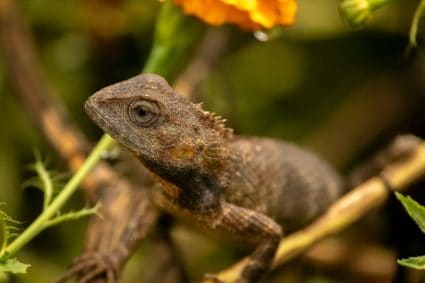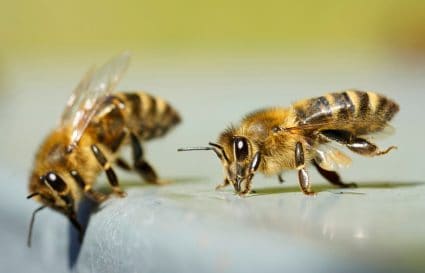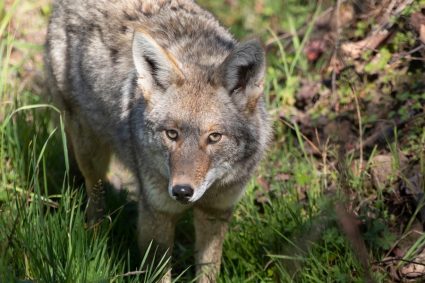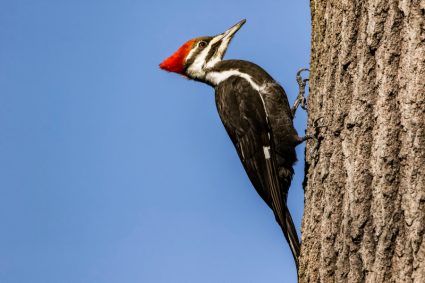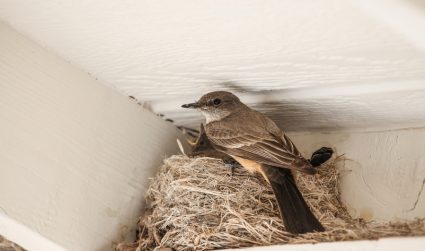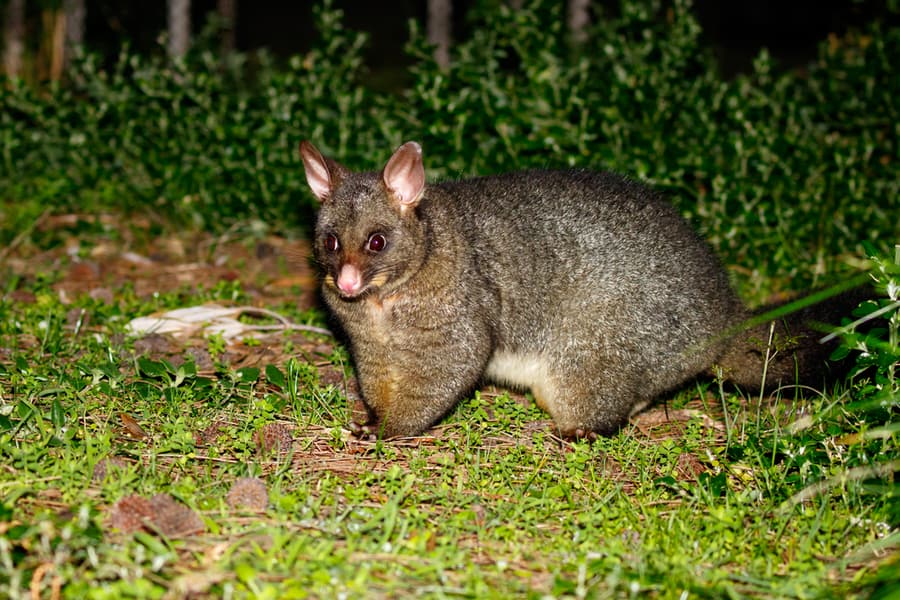
Possums are common in many parts of the world, including North America, Australia, and New Zealand.
These animals are known for their distinctive appearance, pointy snouts, sharp claws, and bushy tails.
However, despite their widespread presence, many people need to be made aware of their whereabouts during the day.
Possums are primarily nocturnal animals, which means they are most active at night. During this time, they will hunt for food, mate, and defend their territories.
However, as the sun rises, possums will typically retreat to a sheltered location to sleep. These daytime shelters depend upon the possum’s habitat and the available resources. Some of the shelters possums turn to during the day include:
- Tree Hollow
- Burrows
- Overturned Turfs
- Wall Cavities
- Bird’s Nests
In this article, we will explore where possums go during the day. So, let’s dig in and find the answer to this mystery.
6 Places Possums Use To Hide During the Day
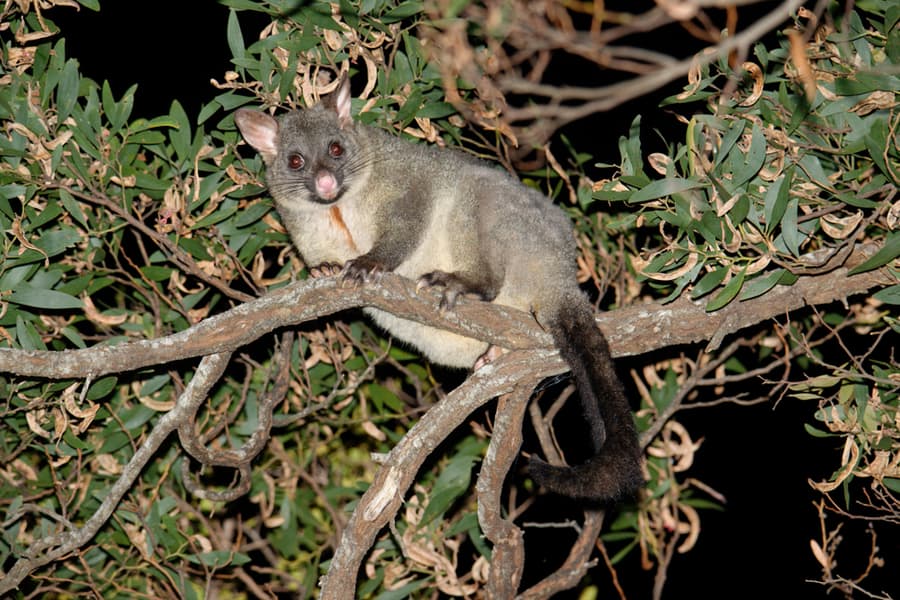
Here are six places possums use to take refuge:
1. Tree Hollow
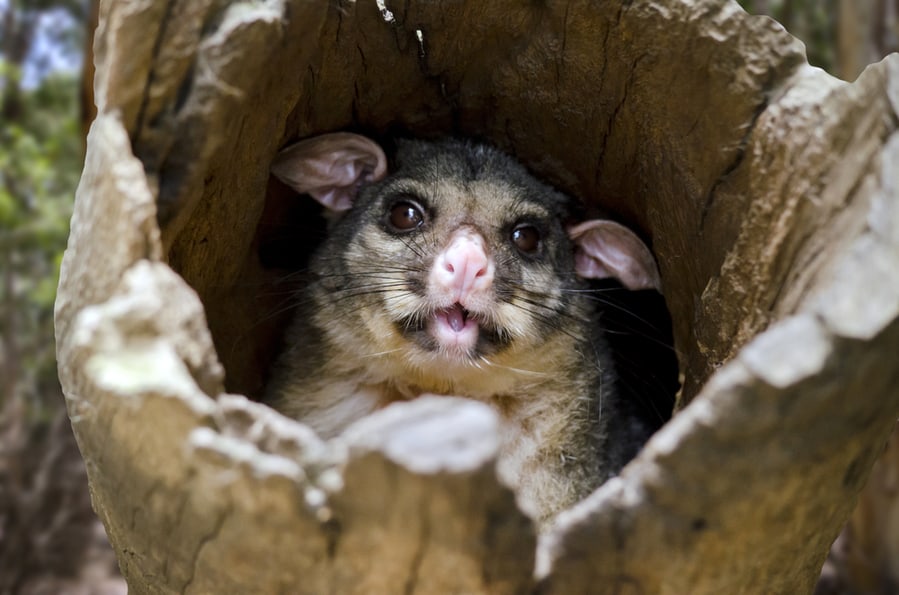
One of the most common places for possums to sleep during the day is in trees.
Possums are excellent climbers, and they can climb trees with ease. They often seek hollow trees, cavities, or other natural crevices to curl up and rest.
Trees provide a safe and secure location for possums to sleep during the day. Trees are high off the ground and away from potential predators.
Above all, trees protect the possums from the sun’s heat.
2. Burrows
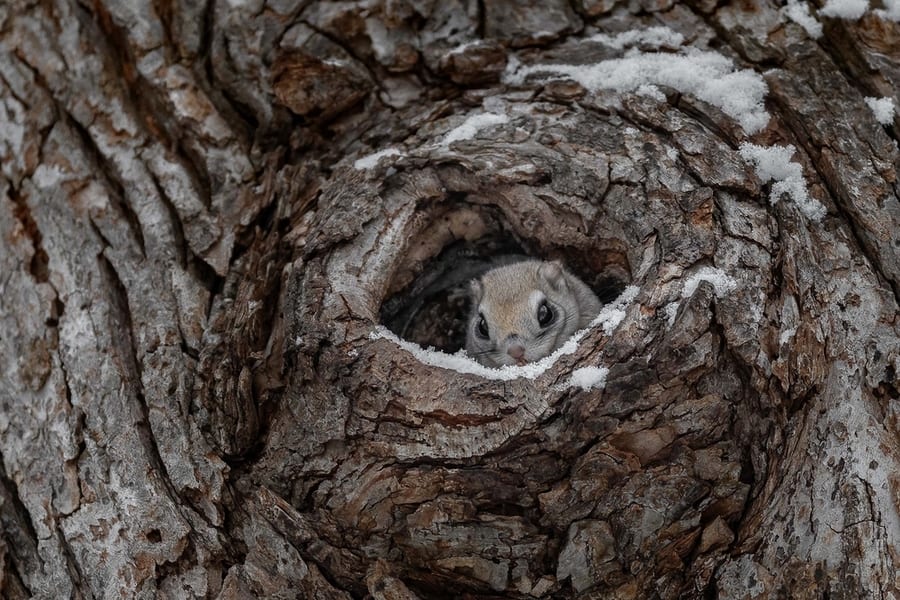
Possums often create daytime shelters in rural areas by burrowing into the ground.
They may dig under rocks, logs, or brush piles or even create their burrows from scratch.
These burrows can provide a safe and secure location for possums to rest during the day.
And burrows keep the possums protected from harmful elements and potential predators.
3. Overturned Turfs
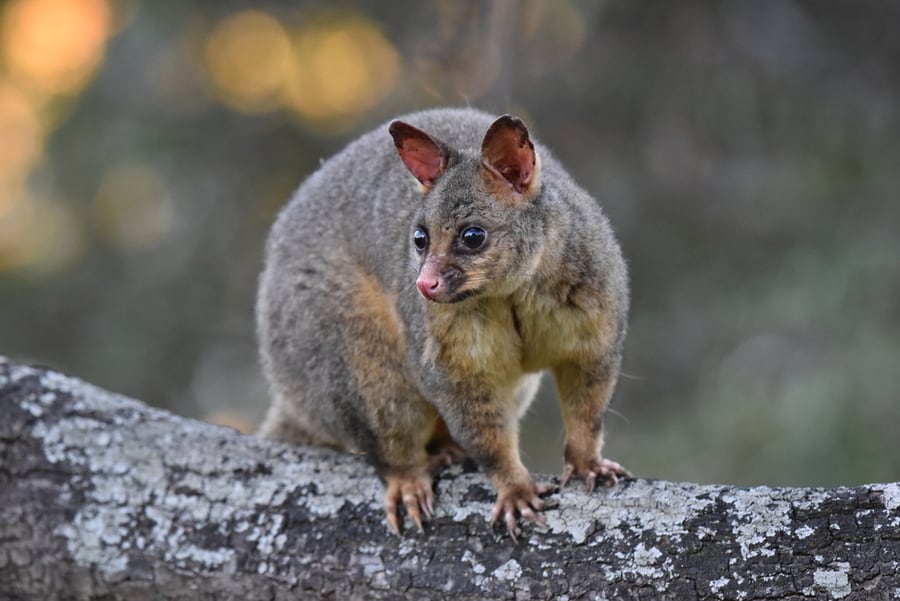
Possums can find protection from the elements and predators underneath the overturned turf.
The turf provides a natural shelter that keeps the possum cool during the hot summer and warm during the colder winter months.
Possums may also use the turf to forage for food, as it can source insects, grubs, and other small creatures.
4. Wall Cavities
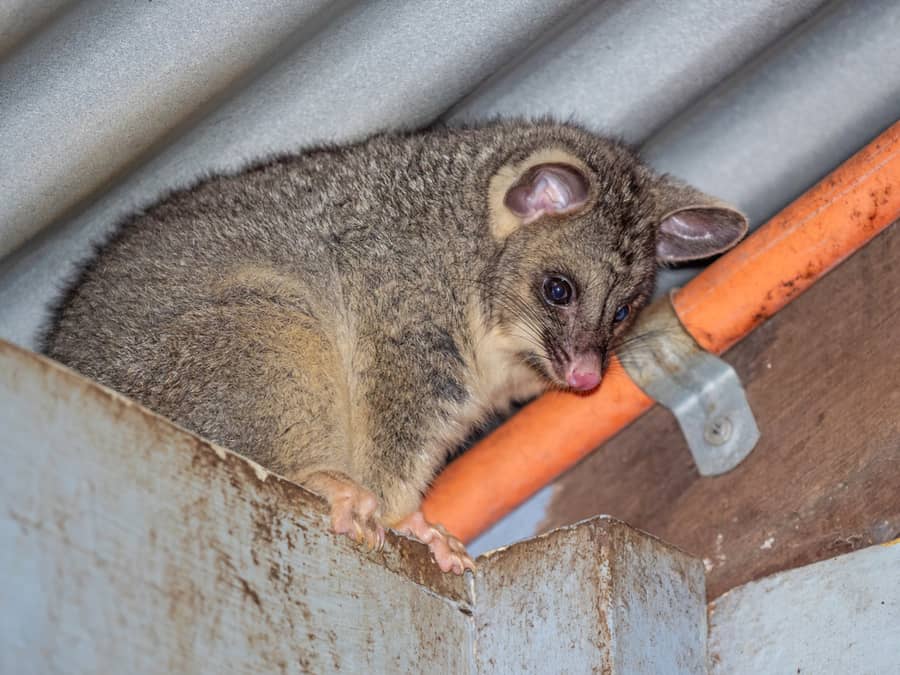
On the other hand, wall cavities provide possums with a more artificial shelter.
Possums may seek out wall cavities in buildings or homes to escape the outside environment or to avoid predators.
These cavities can be found behind walls, attics, or crawl spaces. Wall cavities provide possums with a cozy and secure place to sleep during the day.
It’s important to note that while possums may seek shelter in wall cavities, this location can harm both the possum and the property owner.
Possums can cause damage to the structure of buildings and homes. Above all, they may carry diseases that can harm humans and other animals.
5. Bird’s Nests
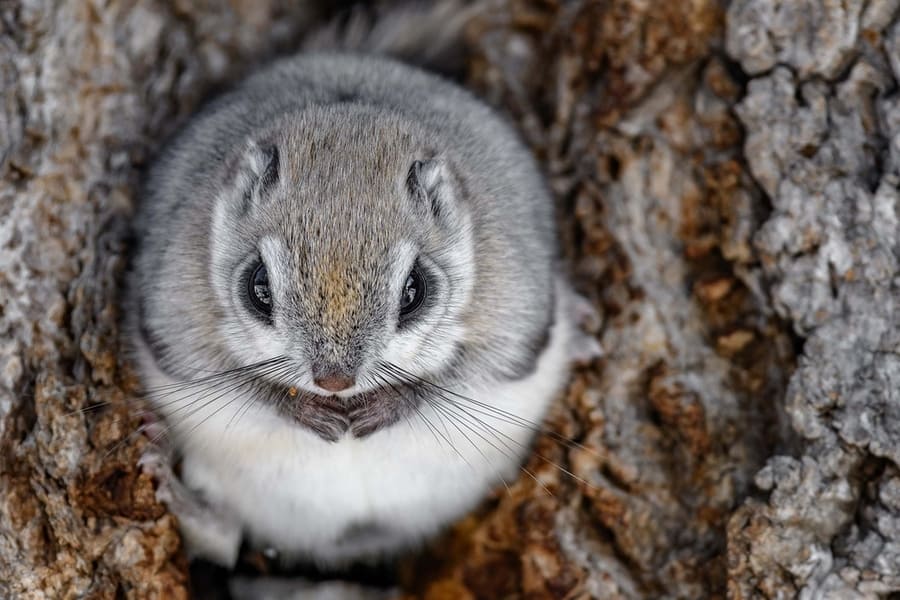
Bird nests can provide a warm and cozy sleeping spot for possums, particularly during the colder months.
Possums may also use the nest to search for food, as birds often leave food scraps in their nests.
However, it’s important to note that possums sleeping in bird nests can negatively affect the bird population.
If a possum takes over a bird’s nest, it may scare off the birds or even prey on the eggs or chicks.
6. Abandoned Buildings
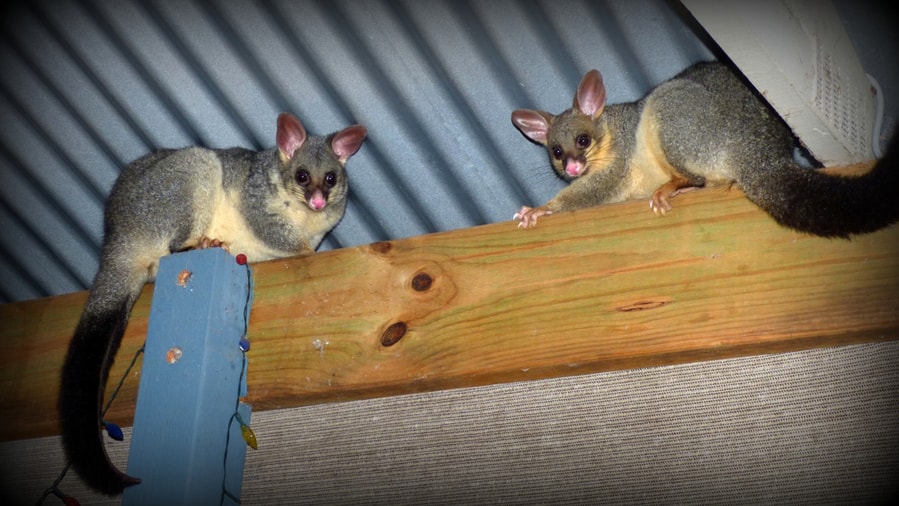
It is common for possums to seek shelter in abandoned buildings during the day. These structures can provide possums with a safe and secure place to sleep. Other than this, these abandoned buildings protect from predators and the elements.
Abandoned buildings can also provide possums with a source of food and water. They may find insects or small rodents to eat. They may also be able to access standing water or other sources of moisture.
However, it’s important to note that possums sleeping in abandoned buildings can be problematic for property owners. Possums can cause damage to buildings. They may also carry diseases that can harm humans and other animals.
Factors That Determine Where a Possum Will Spend Its Days
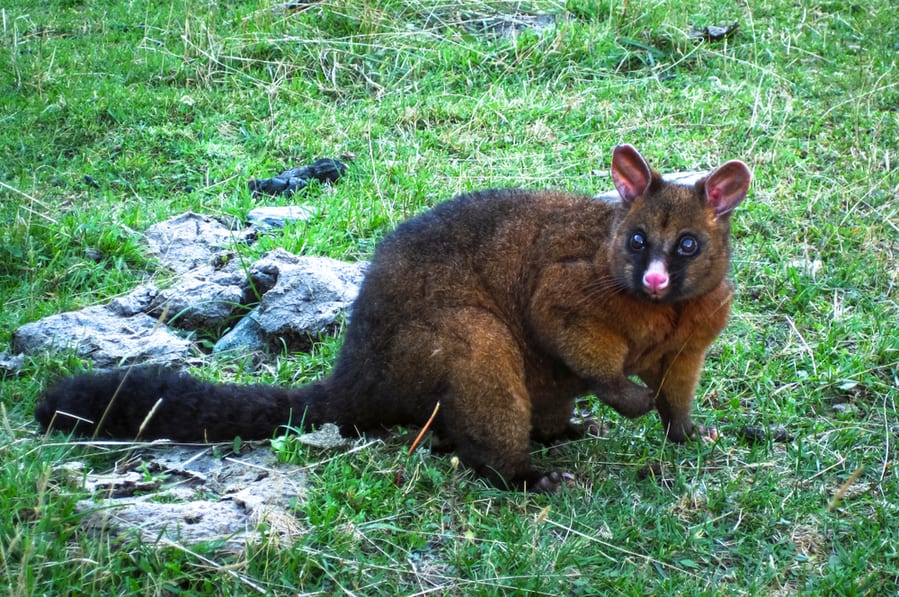
Possums are highly adaptable creatures and will seek various locations to spend their days depending on multiple factors.
Some of the factors that determine where a possum will spend its days include:
Availability of Food
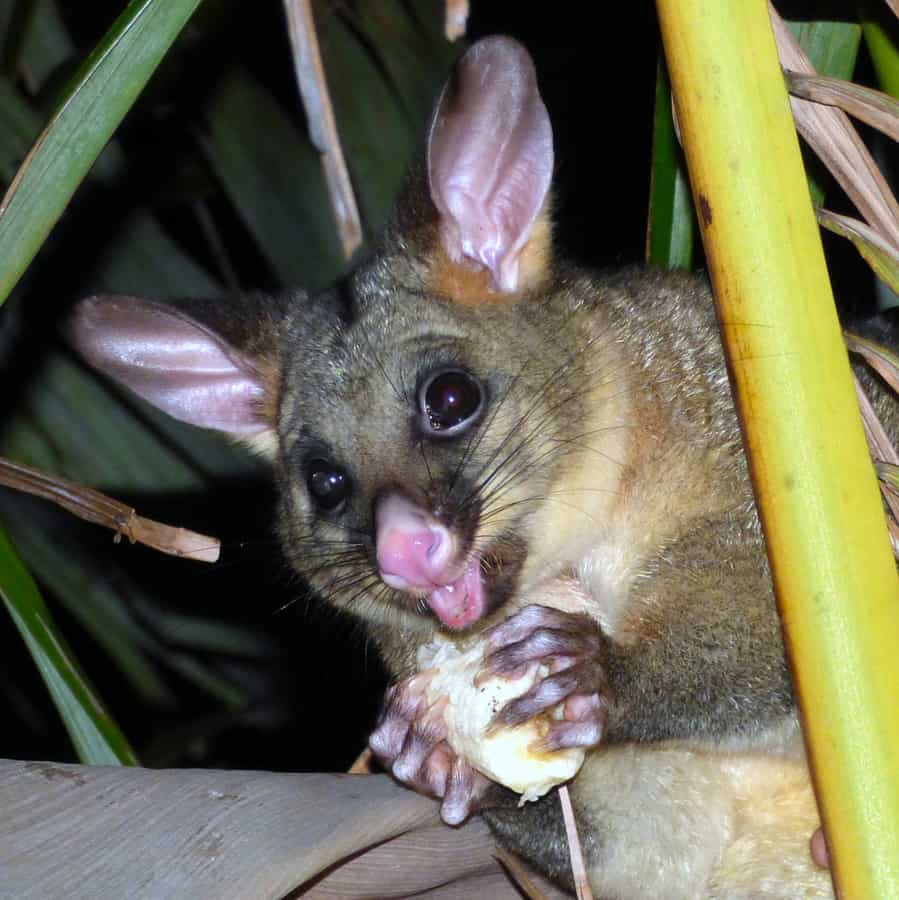
Possums are opportunistic omnivores and feed on various food sources, including insects, fruit, and small animals.
They will typically spend their days in areas where they can find abundant food.
Presence of Predators
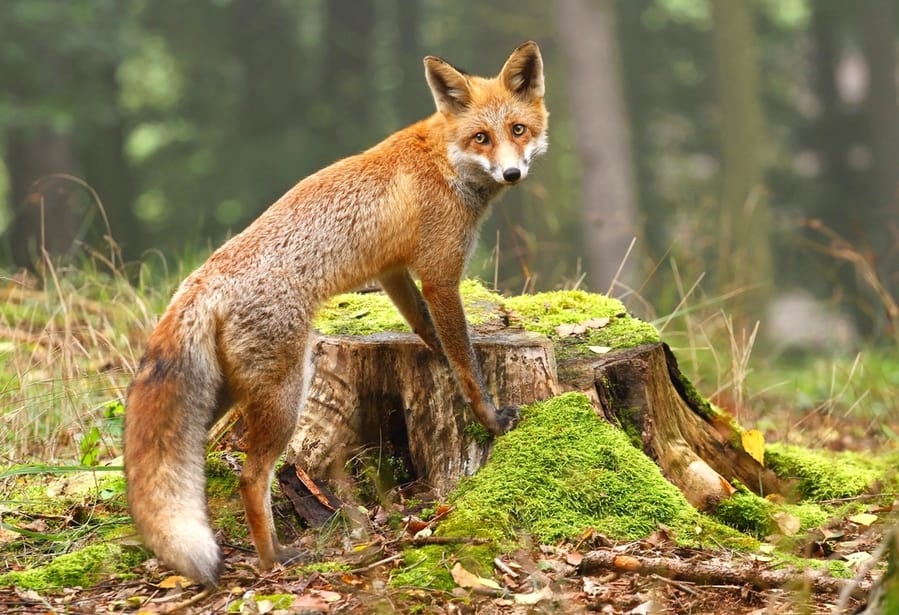
Possums are preyed upon by various animals, including dogs, foxes, and large birds of prey.
They will typically seek out areas where they can avoid predators, such as dens or tree hollows.
Climate and Weather
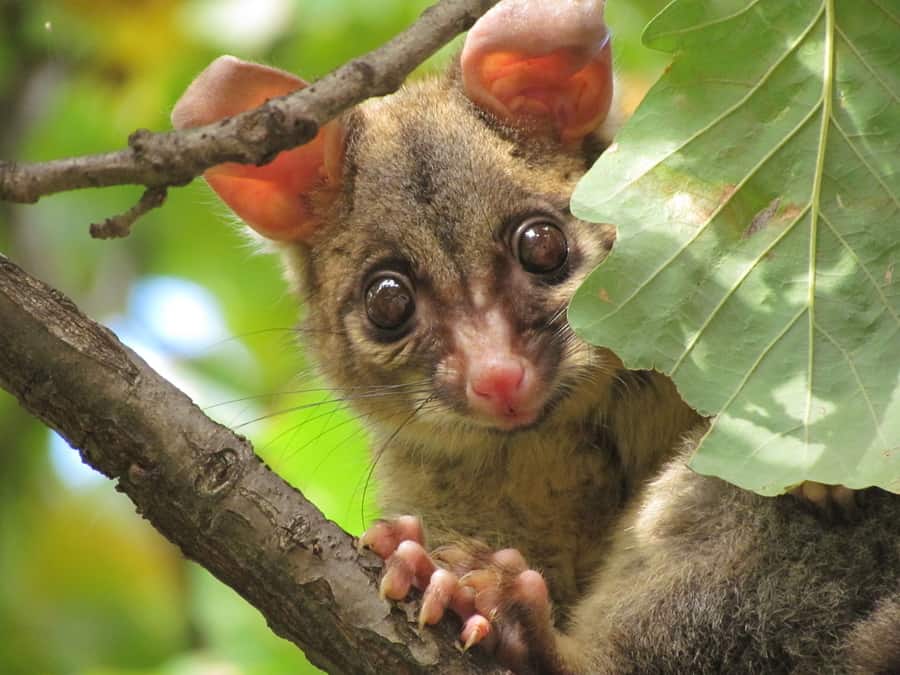
Possums are sensitive to extreme temperatures and seek locations that protect the harsh climate.
They may spend their days in trees, dens, or other locations that offer shelter from the sun, wind, or rain.
Habitat Type
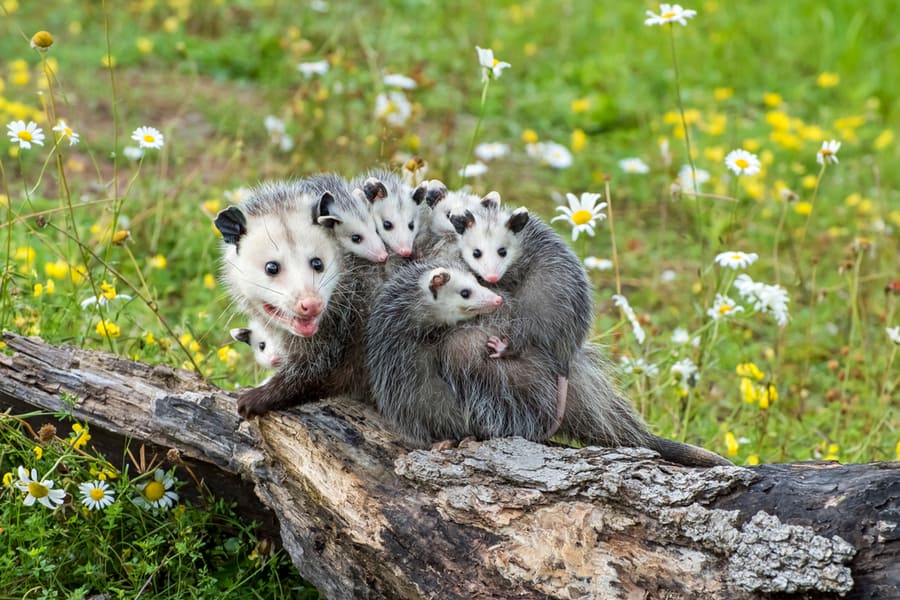
Possums are found in various habitats, from urban areas to forests and grasslands.
They will typically spend their days in the regions that provide suitable cover and food sources, depending on the specific habitat they are found in according to their subspecies.
Seasonal Factors
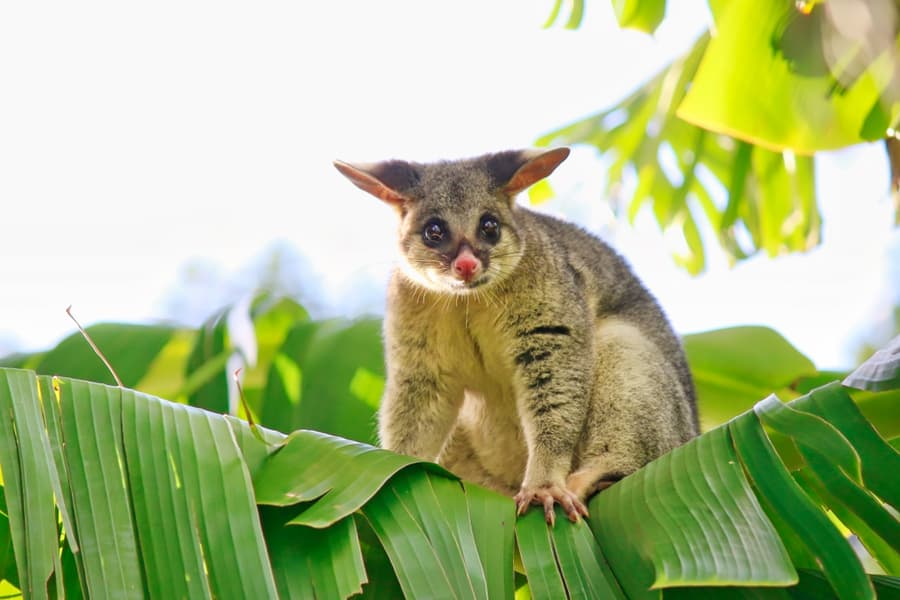
Possums may alter their behavior depending on the season. For example, they may seek out warmer locations in the winter or cooler locations in the summer.
In general, possums are adaptable animals that will spend their days in locations that protect them from predators, have abundant food, and have suitable shelter from the elements.
Conclusion
In conclusion, possums are adaptable creatures that can make their homes in various environments.
Possums could be pickier when finding a place to sleep during the day.
They will often choose a location based on convenience and safety.
Trees, dens, and other safe locations are all potential spots where possums may rest during the day.
Frequently Asked Questions
What Are Some Common Behaviors of Possums During the Daytime?
Possums are famous for their ability to “play dead” when threatened or scared. This is a survival mechanism that helps them avoid predators.
During the daytime, they also may be seen foraging for food in gardens, trash cans, or other areas where food is easily accessible.
Additionally, possums are clean animals and spend a lot of time grooming themselves, but mostly they sleep during the day and are most active at night.
Do Possums Hibernate During the Winter?
No, possums do not hibernate during the winter. They can survive in cold temperatures by using their thick fur coat and finding shelter in warm areas, such as in tree cavities or under buildings.
Are Possums Dangerous?
Possums are not aggressive and will typically avoid confrontations. However, they may carry diseases such as leptospirosis or tularemia. So, it’s essential to avoid contact with them and to take appropriate precautions if you must handle them.

